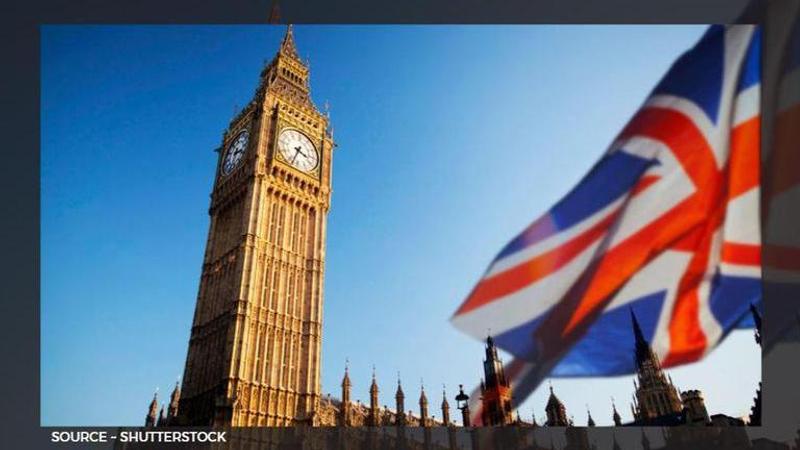Published 18:52 IST, December 21st 2020
UK: Can cleaners work in Tier 4? What are the Tier 4 rules?
Can cleaners work in Tier 4? Here is everything you need to know about the UK rules for cleaners who work in someone else's household. Read more to find out.

As Christmas 2020 is approaching, the Government of UK has taken some important decisions in the wake of the Coronavirus pandemic. There are several restrictions imposed by the country's government to which every citizen is bound to follow. That is why many people are wondering about "can cleaners work in Tier 4?" If you have been wondering about the same, then do not worry, here is everything you need to know about the rules for working in other people's homes.
Can cleaners work in Tier 4?
According to the official announcement by the UK government, all the people who work in someone else households such as domestic cleaners, dry cleaners and more can continue working during this time. The post reads: "Where it is necessary for you to work in other people's homes - for example, for nannies, cleaners or tradespeople - you can do so." It also reveals that these rules will next be reviewed on December 30, 2020.
What are the exceptions for people from different households gathering?
- For work, or providing voluntary or charitable services;
- In a bubble for the purposes of childcare;
- For registered childcare, or for supervised activities for children where this enables a parent to work, seek work, attend education or training, or for respite care;
- Education or training - meaning education related to a formal curriculum or training that relates to work or obtaining work;
- For arrangements where children do not live in the same household as both their parents or guardians;
- To allow contact between birth parents and children in care, as well as between siblings in care;
- For prospective adopting parents to meet a child or children who may be placed with them;
- To provide emergency assistance, and to avoid injury or illness, or to escape risk of harm;
- To see someone who is dying;
- To fulfil a legal obligation, such as attending court or jury service;
- For gatherings within criminal justice accommodation or immigration detention centres;
- To provide care or assistance to someone vulnerable, or to provide respite for a carer;
- For a wedding or equivalent ceremony in exceptional circumstances;
- For funerals - up to a maximum of 30 people. Wakes and other linked ceremonial events can continue in a group of up to six;
- To visit someone at home who is dying, or to visit someone receiving treatment in a hospital, hospice or care home, or to accompany a family member or friend to a medical appointment;
- For elite sportspeople to compete and train;
- To facilitate a house move.
Updated 18:52 IST, December 21st 2020



